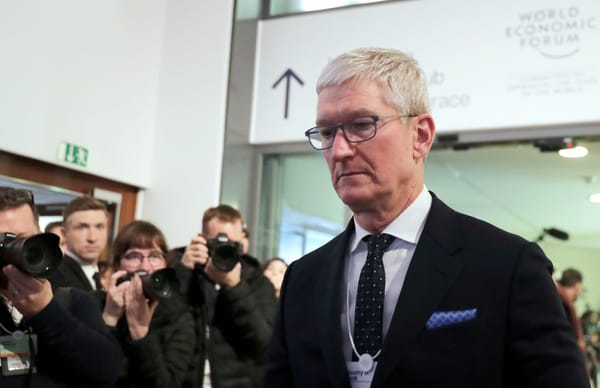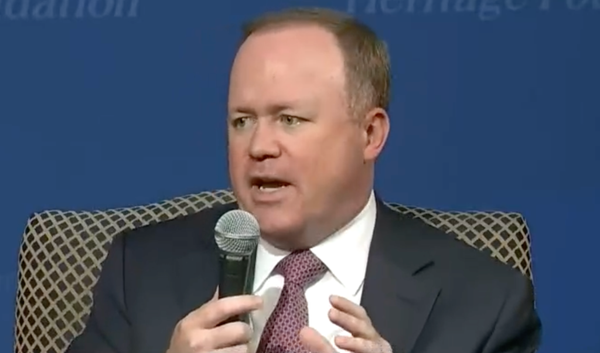NetAmerica Alliance Hails Rural 4G LTE Benefits From Partnership with Sprint
WASHINGTON, July 29, 2014 – An alliance designed to serve the wireless broadband needs of rural America has partnered with Sprint to provide fourth-generation LTE service to members of the NTCA that are calling themselves the Rural Broadband Alliance, according to details unveiled in a webinar on Th
WASHINGTON, July 29, 2014 – An alliance designed to serve the wireless broadband needs of rural America has partnered with Sprint to provide fourth-generation LTE service to members of the NTCA that are calling themselves the Rural Broadband Alliance, according to details unveiled in a webinar on Thursday, July 24.
In a webinar hosted by rural broadband group formerly known as the National Telecommunications Cooperative Association, NetAmerica Alliance Chairman and CEO Roger Hutton said that the alliance seeks to unite peers in the communications industry with Sprint so as to provide greater scale to small carriers but without consolidation.The alliance offers access to 4G LTE service from Sprint.
“Our belief was that you could achieve [that] with small carriers where they maintained their independence, and yet operate in a manner where they shared cost and operating cost in a manner that then produced scale,” Hutton said.
The barriers include national reach, meeting technology requirements, and aligning with spectrum holdings.
Bringing cost-effective 4G LTE to rural areas is important because access to internet is no longer optional, Hutton said. It’s just as much an absolute necessity for folks living in rural America as it is for those in urban and suburban communities.
“The internet has gone mobile and we all need to remain aware of that,” Hutton said. “People want access where they are, not where they ain’t.”
A study conducted by NetAmerica Alliance in 2012 found that 75 percent of respondents in rural communities deemed mobile broadband to be crucial. Roughly two-thirds of younger adults said they credited mobile broadband access with being able to live wherever they want to, Hutton said.
Smartphone ownership has reached 50 percent penetration in the U.S., Hutton said. The rate of smartphone growth is about twice the decline of the number of people with no phone at all.
Unfortunately, mobile broadband has been “a natural and historical challenge” in rural America because of a lack of scale,” Hutton said. “In the case of rural America, you don’t have very many people in a very large area. Fifteen percent of our population resides in rural areas in 72 percent of the land area in the country.” Covering such a small but widespread population comes with great costs, yet limited rewards.
“The reverse of that is there’s 85 percent of the population concentrated in 28 percent of the geography and so the economics are significantly different than they are in rural areas. These markets, quite frankly, you have to consider to be standalone markets…pretty much uneconomic. They just don’t have enough people to generate enough revenue.”
AT&T and Verizon Communications haven’t made things easier for smaller rural carriers with their consolidation in recent years, Hutton said. The duopoly’s market share in the mobile broadband space from 2008 to 2013 increased from 56 percent to 73 percent.
Large swaths of land in the U.S. have gone unserved by Sprint due to high costs of deployment, he said. NetAmerica Alliance’s rural carriers have operated in rural communities for decades.
“The primary thing we were able to secure in this alliance was the use of [Sprint’s] spectrum in rural areas as well as using their networks when our customers leave our network so that we’ll be able to get national reach,” Hutton said. “And by aligning our LTE network and building it on spectrum that aligns with their spectrum, then we would have the ability to access their devices. So in essence, we’ve knocked down all barriers.”
“The greatest threat [to rural deployment] is inaction and thinking the government is gonna solve all your problems. I don’t think we can rely on them. You can roll over and play dead, which many people did, but I opt for fighting and winning,” Hutton said, saying that the program will lead to more successful rural deployment.









Member discussion